Behaviour Statement
At Byker Primary School we believe that all children and adults in our school and community are important. We have a legal responsibility to ensure every child is safe and protected from harm. We aim to provide an environment where everyone feels valued, happy and secure.
We are committed to enabling all of our pupils to access their education successfully by regulating the conduct of all pupils. Keeping pupils in control is not an educational aim in itself, but it is a necessary pre-requisite for the achievement of many other educational aims.
Our Approach to Behaviour
At Byker Primary School, we believe positive behaviour is essential to a successful learning environment. Our Behaviour Policy promotes a respectful, safe, and inclusive community where every child is supported to thrive.
Key Principles of Our Behaviour Policy
We are committed to:
- Encouraging Positive Behaviour: We emphasise good behaviour, respect, and responsibility.
- Building Self-Esteem and Discipline: Our approach encourages self-discipline and mutual respect.
- Providing a Safe Space: Every child should feel safe from any form of bullying, harassment, or discrimination.
- Partnering with Parents: We work closely with parents and carers to support each child.
Our Behaviour Standards
Our Behaviour Policy sets clear guidelines for expected behaviour:
- Respect for Others: Kindness and respect towards peers and staff are expected at all times.
- Responsibility for Actions: We encourage children to understand the impact of their behaviour and make positive choices.
- Support for All Needs: If a child faces challenges, we adapt our approach to ensure their individual needs are met.
Positive Reinforcement and Rewards
Positive behaviour is recognised and rewarded to motivate and encourage students:
- Collaborative Learning points and Certificates: These are awarded for positive behaviour, effort, and improvement.
- Class Rewards: Group achievements and milestones are celebrated to foster teamwork.
- Parental Engagement: We communicate successes to parents, celebrating their child’s growth.
Managing Behaviour Challenges
We address behaviour issues with a restorative approach:
- Restorative Conversations: We discuss the impact of actions and explore ways to improve behaviour.
- De-escalation Techniques: Teachers are trained to calmly resolve conflicts, ensuring children feel heard and supported.
- Structured Support: For ongoing challenges, we work with the child, family, and relevant support staff to provide additional guidance.
Special Support for Social, Emotional, and Mental Health (SEMH) Needs
Byker Primary recognises that some behaviours stem from underlying needs. We have provisions in place for children with additional social, emotional, or mental health requirements, providing support through:
- Safe Spaces: Areas for children to take time out if they feel overwhelmed.
- Alternative Support: Personalised help from trained staff to address individual needs.
- Parental Collaboration: We engage with parents to build a supportive network around each child.
This policy is based on the following beliefs:
- Developing the whole child enables them to take responsibility for their own behaviour by promoting self-discipline and proper regard for authority.
- Providing a welcoming and friendly atmosphere in which the children will feel secure and develop the skills, will enable them to make the right choices.
- Encouraging good behaviour and respect for others aims to prevent all forms of bullying among pupils.
- Children need to know when they have been successful. Improved self-esteem leads to improved behaviour.
- Schools can and do make a difference to the personal development of the child.
- Praise and positive reinforcement is more effective than punishment.
- Good behaviour should be held in high esteem by all members of staff and overtly and consistently rewarded and promoted at all times.
- Good behaviour for learning allows children to work and participate to their full potential, completing assigned work in connection with their education.
- Children should have equal access and opportunity to the curriculum.
- Effective links and co-operation between home and school are essential to success.
- Consistency is the key to success. The positive behaviour management and assertive discipline policy of the school depends upon all staff, teaching and non-teaching, endeavouring to achieve these aims by understanding and being able to implement its procedures.
Please see our full Behaviour Policy in the ‘Policies’ section (link below). Our policy complies with section 89 of the Education and Inspections Act 2006.
